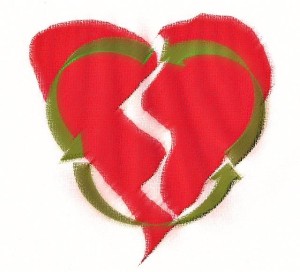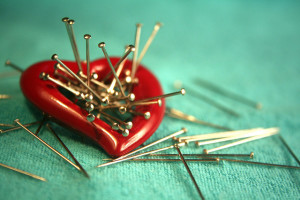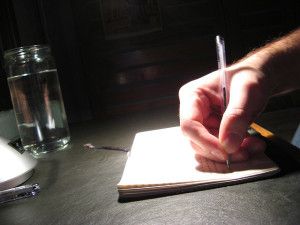 We all have been wounded. Last week I blogged on the topic, “We All Have Wounds That Need To Be Healed.” We must face and deal with our wounds in order to be freed from the shame, embarrassment and dysfunction of them. Only then is it possible to become wounded healers as we use our journey of healing to help others.
We all have been wounded. Last week I blogged on the topic, “We All Have Wounds That Need To Be Healed.” We must face and deal with our wounds in order to be freed from the shame, embarrassment and dysfunction of them. Only then is it possible to become wounded healers as we use our journey of healing to help others.
Today I want to focus on the process of facing our woundedness, so we can experience the healing we need to become wounded healers.









